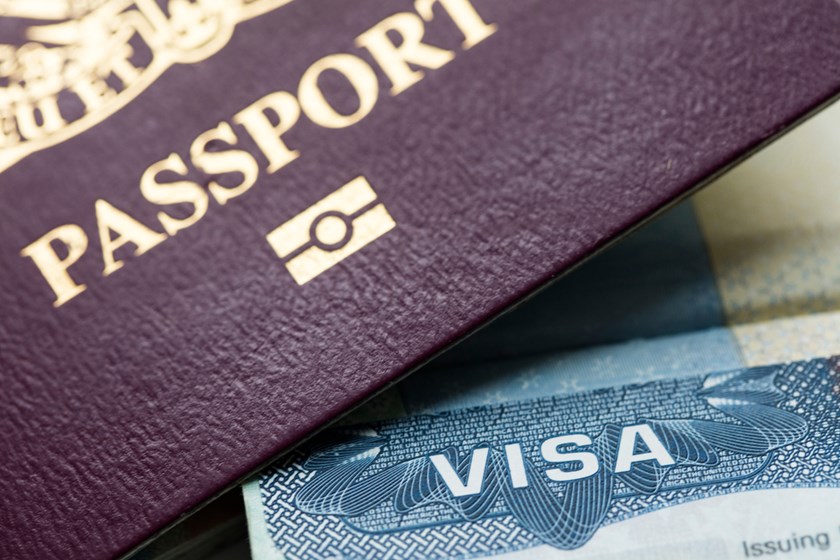How has the visa position of overseas students changed since the UK left the EU?
Insight

The position of EU students who do not hold settled or pre-settled status in the UK has unquestionably been detrimentally affected since the UK left the European Union. EU students have gone from being able to enter the UK to study without a visa, to now having to apply for a student visa to study in the UK for courses over 6 months in the same way as all other overseas students. The position of overseas students more generally, however, has arguably improved since late 2020. Following the dramatic increase in the number of students requiring student visas to pursue higher education in the UK, the system has necessarily been streamlined to the advantage of applicants. Visa options for students following graduation have also improved with the introduction of the graduate visa.
We address three key changes below:
- Simplified application process
In order to deal with the influx of applications from EU nationals wishing to study in the UK, the Home Office introduced the “UK Immigration ID Check App” for Student visa applications. The app allows individual visa applicants to use the biometric data embedded in their EU passports or current valid UK Biometric Residence Permits to make their applications. The app allows the biometric data to be “re-used”, avoiding the need to attend a biometric appointment at a visa application centre.
Although there were initial teething problems with processing the large volume of applications made via the app at the start of the academic year 2021/2, these issues have been largely resolved ahead of this academic year. In addition, this year, the 5-day Priority Processing service was re-introduced and EU students, as well as those students who already held UK visas (for example, those who had attended independent schools in the UK as Child Students), were able to use the app as an effective means of speeding up the visa application process.
Those who use the app are granted an electronic immigration status accessed using a code generated on their mobile phone.
- Relaxed financial requirements
When the “post-Brexit” student visa rules were introduced at the end of 2020, an important change was that individuals making their applications from within the UK were no longer required to show that they held sufficient funds to maintain themselves if they had been living in the UK with permission for more than a year prior to the date of application. This has removed what is often the most complicated element of the visa process for those extending their student visas or switching from another UK immigration category, as the financial documentation previously required by the Home Office was very specific and failure to provide this documentation led to refusals and / or delays in processing. - Graduate visa
On 1 July 2021 the graduate visa category was introduced into the UK immigration rules in response to concerns that the UK was not doing enough to encourage students educated at UK universities to remain here to build their careers. This route allows overseas graduates from UK universities to extend their permission to remain in the UK for a further two years (three years for PhD students) without sponsorship from either their university or an employer. Graduate visa holders have the freedom to undertake any work opportunities available to them in order develop the skills necessary to pursue their chosen career paths. Although the route does not lead to permanent residence in the UK, it provides a marked improvement in the options available to overseas graduates pre-Brexit.
If you require further information about anything covered in this briefing, please contact Adam Hoefel or your usual contact at the firm on +44 (0)20 3375 7000.
This publication is a general summary of the law. It should not replace legal advice tailored to your specific circumstances.
© Farrer & Co LLP, November 2022







